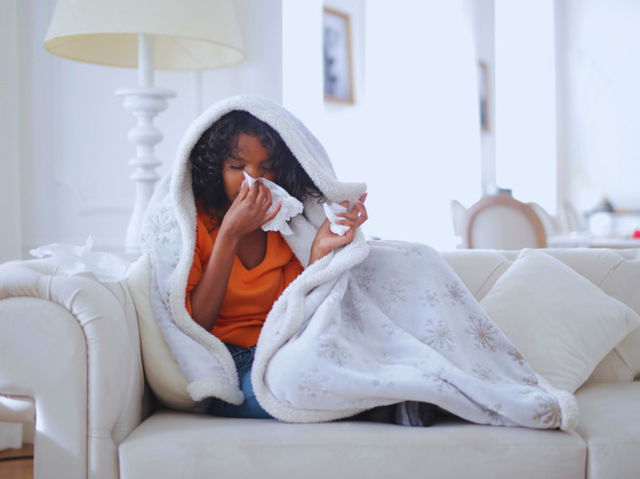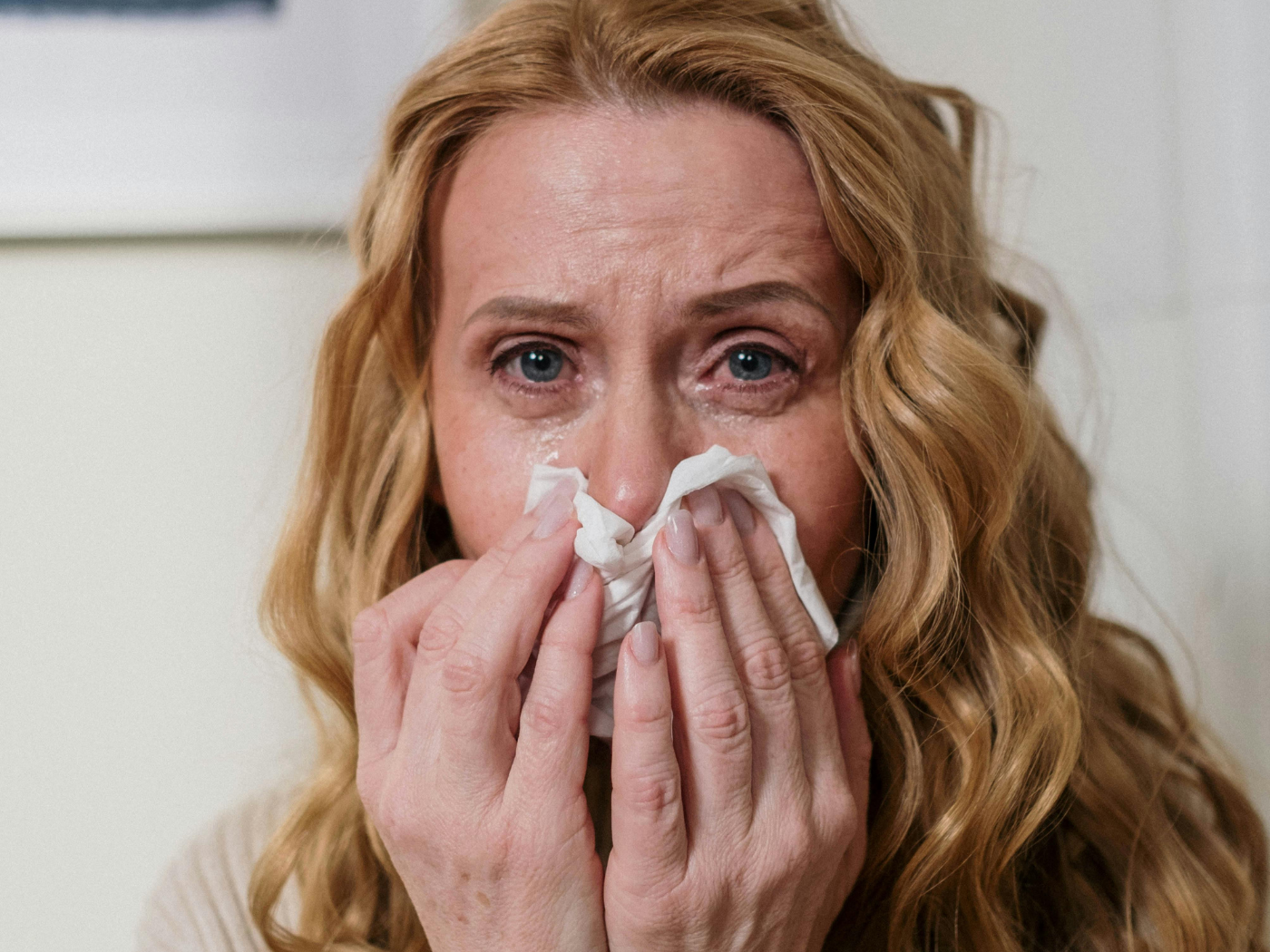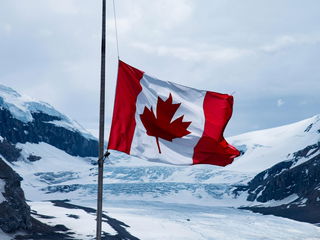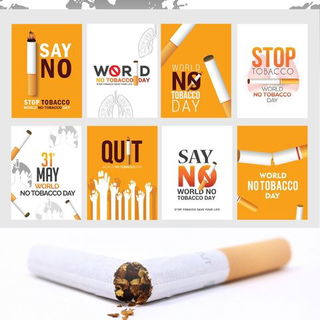- Calendar
- Calendar 2025
- November
- World Pneumonia Day
World Pneumonia Day
Every year on November 12th, we celebrate World Pneumonia Day to raise recognition about a devious disease that most people do not talk about until it knocks at their door. But pneumonia, a lung infection that has affected millions worldwide, deserves the attention- not just on this day, but every day of the year.
And guess what? It is one of those conditions that is both avoidable and treatable. So, let’s take deep breath and get to the bottom of what pneumonia is, where it came from, how it reaches you and how you can keep it at bay.

World Pneumonia Day: Why It Matters
World Pneumonia Day serves to remind us of the importance of prevention, treatment, and access to healthcare. While it's often overshadowed by louder health issues, pneumonia remains a leading cause of death in children under five and older adults globally.
The Global Pneumonia Crisis
Pneumonia remains a major global health threat, claiming the lives of millions every year. According to the Global Burden of Disease report, pneumonia caused 2.2 million deaths in 2021, including 502,000 children. This infectious disease has become one of the leading causes of death among adults and children alike.
The Impact of COVID-19 on Respiratory Infections
The COVID-19 pandemic aggravated the situation, claiming an additional 10 million lives worldwide. Together, pneumonia and COVID-19 surpassed other deadly conditions, including heart disease, making respiratory infections the top global killer.
This year, let’s pledge to be more aware of pneumonia’s symptoms and causes, and take steps to protect ourselves and those around us. After all, prevention is better than cure.
What is Pneumonia
Pneumonia is an infection that causes inflammation in the air sacs of our lungs. These air sacs (called alveoli) get filled with either pus or fluid, causing a lot cough that just will not want to leave, fever, chills, and difficulty in breathing.
In simple terms: pneumonia turns your lungs into wet sponges that struggle to absorb oxygen. Not so fun at the end of the day.
While anyone can get pneumonia, it is very dangerous for infants, aged people over 65, and those with a very weak immune system. It is the kind of thing that can sneak up on you after the common cold or the flu.
Origin of the Word 'Pneumonia'
You might wonder where the term pneumonia comes from. Well, it has roots in the Greek word pneuma, meaning “air” or “breath.” Makes sense, right? After all, this disease takes away your ability to breathe freely. So next time you are wind after a workout, just be glad you are dealing with fitness fatigue, not a lung infection.
First Recorded Case of Pneumonia
Pneumonia has been around for a very long time. The first description of pneumonia was made by none other than Hippocrates, the "Father of Medicine," back around 460 BCE.
He called it "peripneumonia" (because ancient doctors liked to make things sound scarier than they already are). Even then, people knew this illness was not to be played with. Despite the centuries-old history, pneumonia remains a leading cause of death, especially in areas with limited access to healthcare.
The Symptoms of Pneumonia
At first glance, pneumonia symptoms can be deceiving. They often overlap with the common cold or flu, which is what makes pneumonia tricky and sneaky. Watch out for:
- Cough (often with phlegm or mucus)
- Fever (with or without chills)
- Shortness of breath (even while resting)
- Chest pain (deteriorated by breathing or coughing)
- Fatigue (feeling like you have run a triathlon even when you've done nothing)
If you experience these symptoms, it would be wise to visit the doctor.
Treatment: Breathe Easy, It’s Curable
The good news is, pneumonia is curable. There are several treatment options available in this today’s world. Treatments vary based on the cause of the infection- bacteria, viruses, or fungi.
Most bacterial cases of pneumonia are treated with antibiotics, while viral pneumonia may require antivirals. And yes, there are treatments for fungal pneumonia too, though it's rarer.
In more terrible cases, people may need to be hospitalized, especially if they are struggling to breathe or have other complications. Early diagnosis is key.
Oh, and here's the secret pamphlet to fighting pneumonia: rest, lots of fluids, and, of course, proper medication.
Staying Away From Pneumonia: Prevention is the Best Remedy
Want to pass up on pneumonia like the plague? Here’s the plan-
- Get Vaccinated: Vaccines are accessible and available to prevent some types of pneumonia, especially for kids, older adults, and people with certain health conditions.
- Practice Good Hygiene: Yes, wash your hands regularly, cover your mouth when you sneeze or cough, and avoid close contact with sick people. Germs travel faster than gossip.
- Do not Smoke: Smoking damages your lungs and makes them more susceptible to infections like pneumonia. So, drop the habit and give your lungs a chance to fight.
- Stay Healthy: A sturdy and strong immune system can keep pneumonia away from you. Eat a balanced diet, exercise, and get enough sleep- because let’s face it, we all need help.
- Treat Flu and Colds Promptly: Do not ignore that persistent cold or flu. Left untreated, it can evolve into something worse- like pneumonia.
So, breathe easy, stay informed, and let’s keep pneumonia at arm’s length!
Recommended For You:

Other Celebrations
-
Feb 13 Thu
-
Apr 07 Mon
-
Apr 18 Fri
-
Sep 21 Sun
-
Nov 17 Mon
-
Jan 17 Sat

World Pneumonia Day - Next years
Thursday, 12 November 2026
Friday, 12 November 2027
Sunday, 12 November 2028











